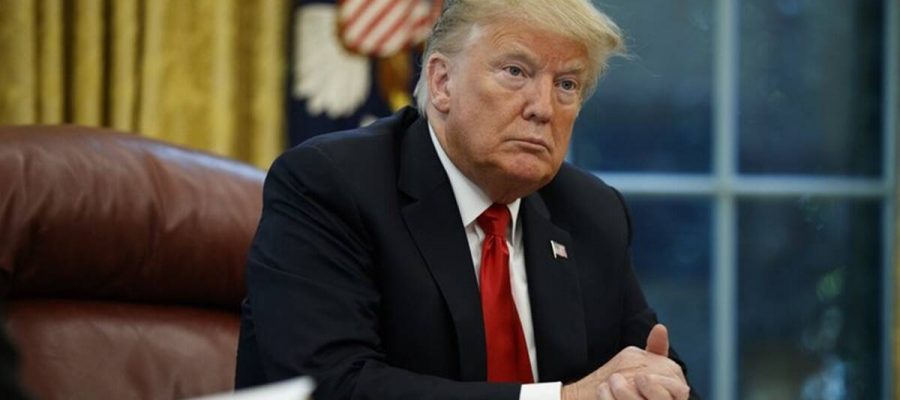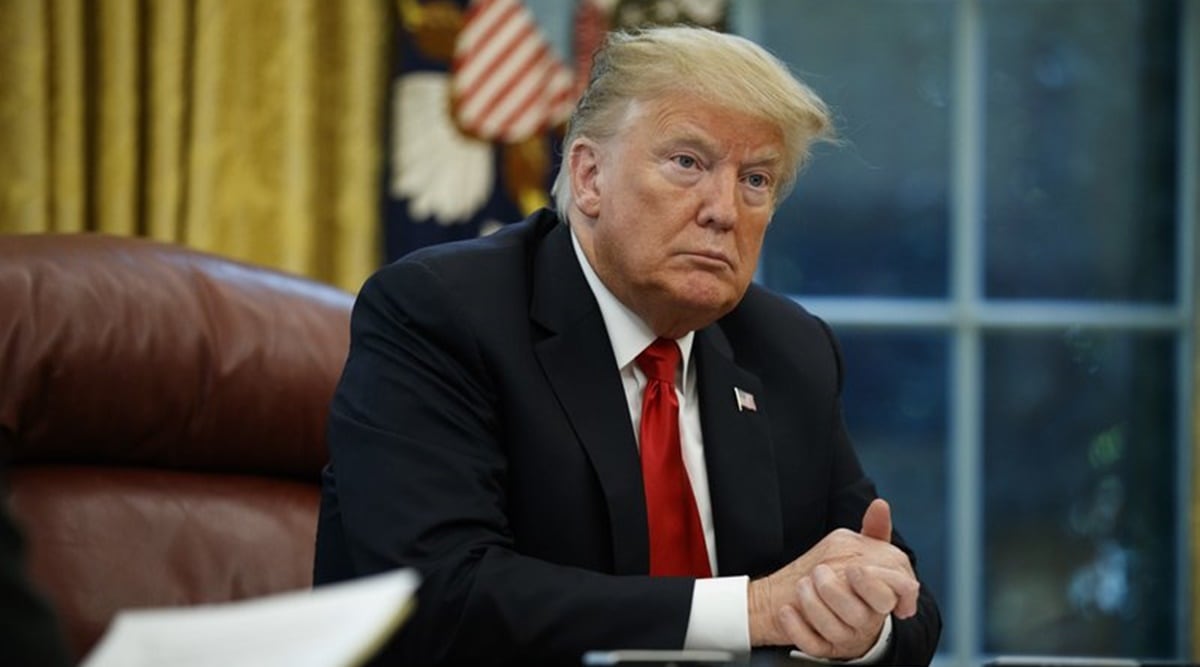The social media companies reacted, first blocking particular communications including videos of the speech, and then suspending Trump’s accounts.
On January 6, the world watched in shock as extremists stormed the United States Capitol to interrupt the Congress’s joint session which was formalising Joe Biden’s electoral victory. Shortly before the attack, at the “Save America March”, Donald Trump exhorted a crowd of his supporters to walk down to the Capitol to give “weak Republicans” the “boldness” to “take back” America. The video was shared on social media. Trump’s social media accounts were active and communicating as his supporters ransacked the Capitol, stopping to pose for photographs in the Speaker’s office and take selfies with policemen.
The social media companies reacted, first blocking particular communications including videos of the speech, and then suspending Trump’s accounts. Trump has been barred from using Facebook and Twitter. The platform’s decisions have been criticised. Broadly, critics argue that social media companies should not “censor” a president or make what conservatives see as politically biased decisions about speech. The latter claim wrongly assumes that all ideologically conservative speech is the same as harmful speech. Trump could have stopped at expressing dissatisfaction about the electoral outcome. However, he chose to insist that the election was “stolen”, calling for action. This took his speech beyond the realm of political opinion into the realm of incitement.
The fact that Trump is a head of state does mean that his incitement of violence needs to be treated differently. Social media would have enabled and amplified the incitement to violence through their platforms if they did not act to restrict the circulation of Trump’s speech, given the connection between his words and the violence. If anything, they should have been vigilant and acted earlier. Social media companies have policies that are not sufficiently firm or clear on this question.
Although social media companies are private companies, they have a disproportionate impact on populations around the world. This is why experts including the former UN Special Rapporteur for Freedom of Expression, David Kaye, have argued that the platforms ought to follow international human rights law, especially the UN Guiding Principles on Business and Human Rights. Social media companies accept that they must take steps to ensure that they do not facilitate tragically extreme harm such as the Rohingya genocide in Myanmar. However, they also act as public fora for the important and difficult conversations that make a democracy. If they refused to host conversations about the COVID-19 virus, vaccines, abortion, Kashmir, LGBTQ rights or marital rape, the public debate that drives democracy would suffer. We usually use constitutional courts for this delicate balancing of freedom of expression with reasonable restrictions, and the companies are now building alternative systems like the Facebook Oversight Board.
The effect of a social media platform in facilitating the freedom of expression can vary depending on the speaker. A citizen journalist or whistleblower in a country without a functional, free press may have no other way to reach wide audiences if deprived of social media. In contrast, a head of state like Trump who is barred from social media has access to the mass media. His freedom of expression is not affected in the same way in which a protesting farmer or a whistleblower’s might be, if they are de-platformed.
Similarly, the effects of communication can also vary depending on the speaker and the audiences. With the same content, an influential speaker is much more likely to actually incite violence. Therefore, incitement by a head of state is more dangerous than incitement by a powerless, ordinary individual. This is significant given that social media platforms are clear that they will act to remove incitement to violence from their platforms, especially where there is a real danger that violence will ensue. A powerful leader can persuade his followers that it is acceptable and even righteous to engage in violence. If this leader controls the law and order machinery, this creates a sense of impunity in those wreaking the violence. When Trump gave his speech, these factors had aligned.
Trump has arguably been inciting violence on social media platforms for a long time. In mid-2020, Facebook employees staged a virtual walkout in distress over the company refusing to regulate the US President’s inflammatory posts. In the past, Twitter suspended another account posting copies of Trump’s tweets for glorifying violence, while leaving the president’s tweets up. This was presumably because of Twitter’s exception for public or elected officials’ speech which is seen as being in “public interest”. Facebook also has a “newsworthiness” exception. These exceptions pose a continuing problem for other countries that are still led by individuals who incite violence.
Once Trump was clearly on his way out, and his allies no longer controlled the Senate, the platforms stepped up to block his dangerous speech. Twitter’s reasoning was that Trump incited violence to the extent that the public interest exception was no longer a good reason to leave his speech up. Facebook’s reasoning was more ambiguous: Although it mentioned incitement to violence, it seemed to argue that the newsworthiness protection did not apply because of the exceptional circumstance of the insurrection and the post-electoral transfer of power.
The question to ask is: What happens the next time a world leader incites violence on these platforms? Facebook might leave their speech up, since it has left itself room to do so. Twitter might take it down, but it is not clear what counts as enough incitement for an elected official’s account to be suspended. The platforms should not be circulating speech that is very likely to cause violence — they need clear policies in which they commit to a consistent refusal to help heads of state incite violence.
The writer is an affiliate of the Berkman Klein Center of Internet & Society at Harvard University
Source: Read Full Article


